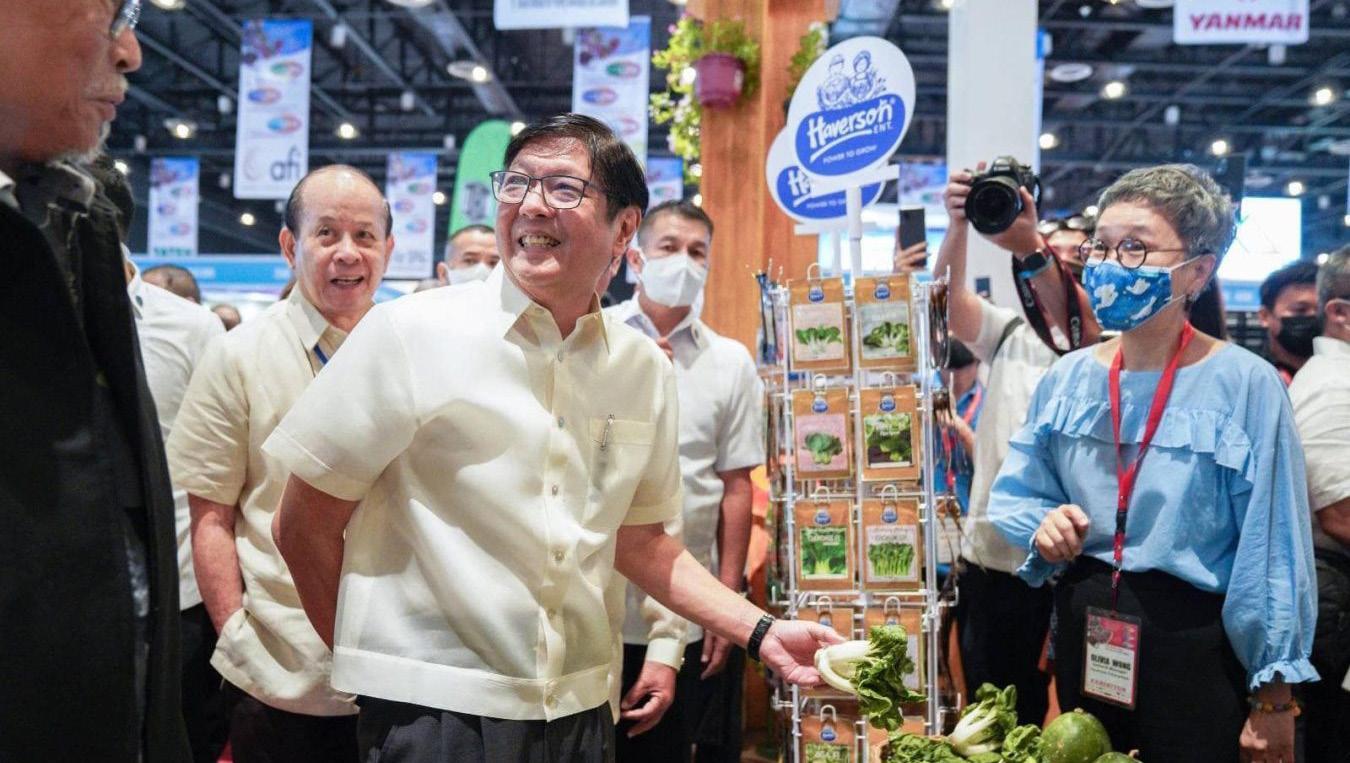
2 minute read
UNIDO, MinDA launch Mindanao’s first hybrid power plant
The United Nations Industrial Development Organization (UNIDO) and Mindanao Development Authority jointly launched the first hybrid power plant in Mindanao as part of the Renewable Energy Technology to Increase Value-Added of Seaweeds in Tawi-Tawi Project (RETS).
Expected to officially switchon by December, the power plant is seen to provide 24/7 electrification in the island municipalities of Sibutu and Sitangkai, Tawi-Tawi.
Advertisement
RETS is funded by the European Union (EU) under its Access to Sustainable Energy Programme (ASEP), and is implemented through a partnership among MinDA, UNIDO,Tawi-Tawi Electric Cooperative (TAWELCO), Provincial Government of TawiTawi, Mindanao State University Tawi-Tawi, Association of Isolated Electric Cooperatives Inc. (AIEC), and BARMM’s Ministry of Environment, Natural Resources and Energy, and Ministry of Agriculture, Fisheries, and Agrarian Reform.
“Supporting a seaweed value chain in a remote location in Tawi-Tawi by mounting renewable energy supply, strengthening the power grid, securing a steady water supply and enhancing community services in health, education, nutrition and sanitation, is not an easy feat. It is impressive. The European Union is therefore proud it had supported this action in the amount of 3 million EUR,” said EU Ambassador the Philippines Luc Veron.
The RETS project was launched in 2019 aiming to increase and extend the availability of electricity service in these island municipalities of that are home to about 15,000 seaweed farmers, through the renewable energy hybridization of the island grids in the municipalities of Sitangkai and Sibutu.
“The EU delegation has long been MinDA’s partner for peace and development. We are grateful to have the same support from them in our pursuit of a balanced and sustainable energy mix for Mindanao, especially in the off-grid communities,” said MinDA Secretary Maria Belen S. Acosta.
The project also integrates efforts to enhance the quality and increase the value of seaweeds produced by the communities.
“When we provide more income-generating activities, we are also improving the households’ ability to pay for the energy service, which contributes to the sustainability of the project,” Acosta added.

UNIDO Director General Gerd Muller (4th from right), MinDA Secretary Maria Belen Acosta, and European Union Head of Delegation Christopher Wagner (3rd from right), along with the stakeholders of the Renewable Energy Technology for Seaweeds Value-Added (RETS) project unveil the marker for the solar hybrid power plants in the municipalities of Sibutu and Sitangkai in the island province of Tawi-tawi last 28 September at the Philippine International Convention Center. Photo by MinDA.










